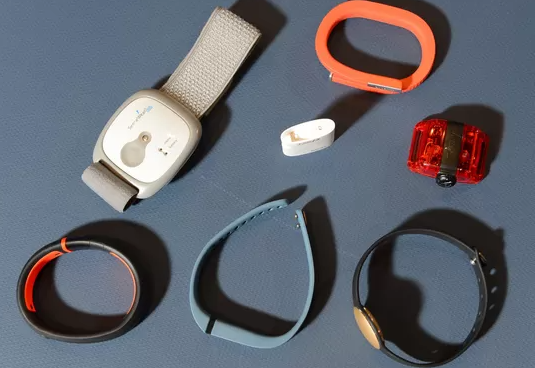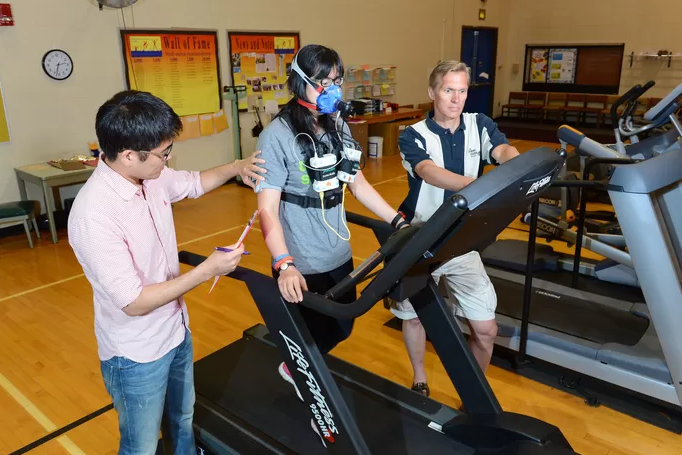In the world of wearable technology (‘wearables’) currently the Fitbits, Jawbones and Fuel Bands prevail: bracelets that monitor your health and condition. There is a small problem, researchers at Iowa State University discovered: the accuracy of some of the bracelets leaves a lot to be desired.
You probably know them, those hip, colourful bracelets that lots of people buy to be more conscious about their health. They count your steps and covered distance and could give you an indication of the number of calories burned. Yes, health technology is totally ‘in’. But how accurate are these, usually reasonably pricey, wearables? That was exactly the question Gregory Which, Professor of Kinesiology at Iowa State University, was seeking to answer.
Method & results
He tested eight different smart bracelets by comparing them to the results with a much more advanced metabolism tracker. Thirty men and the same number of women had to perform a variety of activities, from working on your PC to running and Wii tennis games, for 69 minutes.
The BodyMedia FIT scored best, with a margin of error of 9.3 percent. This is comparable to the error margin on research equipment. The Fitbit Zip and Fitbit One achieved an error margin of 10.1 and 10.4 percent. Further on the list: Jawbone Up (12.2 percent), Actigraph (12.6 percent), Directlife (12.8 percent), Nike Fuel Band (13 percent) and Base Band (23.5 percent).
Conclusion
According to Welk, it is important that health technology such as these fitness bracelets is as precise as possible. “People buy these activity monitors on the assumption that they are working. But some of those devices are not as accurate or have never been tested before. Those companies just produce a nice looking device with a fashionable screen and people buy it”.
The MOX is a validated accelerometer-based activity logger that seamlessly measures and records high resolution raw acceleration data up to 7 days. Certified for clinical research.
Reference
Photos: Bob Elbert – ISU


